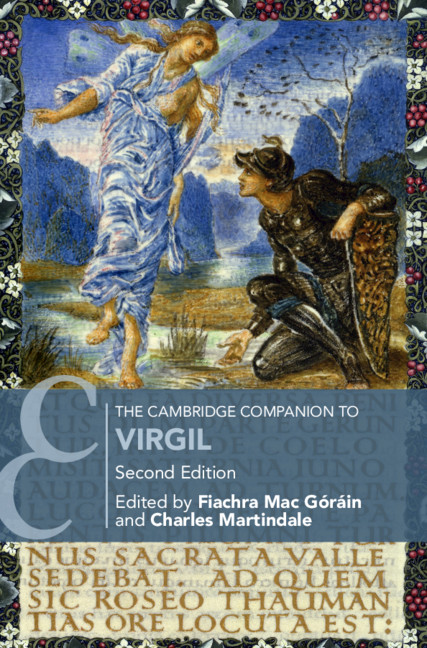

You may not see Virgil’s Aeneid or Homer’s Iliad on as many readings lists any more either. One of the few areas of common ground between the old guard and the new guard is distaste for Catholicism, so do not expect to see Prudentius, Corippus or Aldhelm on curricula any time soon. The general intentions of the new generation of classicists are clear, but the specifics of their vision are not. French departments do not stop teaching French literature after Moliere and Racine, Italian departments do not stop teaching Italian literature after Dante and Petrarch, so why do almost all classics departments feel they have no duty to study and teach Latin literature after Juvenal, Martial and Seneca? The strangeness of this cutoff for the study of a language’s literature still escapes attention in our colleges and universities. Most classicists of that period viewed Late Antique Latin poetry as degenerate, and simply did not study it or teach it. Hatred of Catholicism was a standard failing of the British elite through the nineteenth and twentieth centuries, and classicists were no different. The dissolution of the Roman Empire was painful for British classicists not only because of the parallels to their own nation’s international decline, but because the literature became increasingly Catholic. Their worldview also tended to incorporate strong emotional connections between the Roman Empire and their British Empire, which is why they focused on the perceived glory days of the Augustan era, downplayed the repulsive aspects of that era, only grudgingly studied the following century, and then largely ignored the empire’s literature after about 100 AD. Nineteenth- and early twentieth-century British scholars largely defined the field, and they did so in their own image, which included many race, gender and class biases. This is the recording of J.W.MacKail's prose translation.Their target is an easy one. The first six of the poem’s twelve books tell the story of Aeneas’ wanderings from Troy to Italy, while the poem’s second half treats the Trojans’ victorious war upon the Latins. The story revolves around the legendary hero Aeneas, a Trojan prince who left behind the ruins of his city and led his fellow citizens to Italy, where he became the ancestor of the Romans. The Aeneid is the most famous Latin epic poem, written by Virgil in the 1st century BC. Translated by John WIlliam MacKail (1859 - 1925) Download cover art Download CD case insert The Aeneid, prose translation


 0 kommentar(er)
0 kommentar(er)
